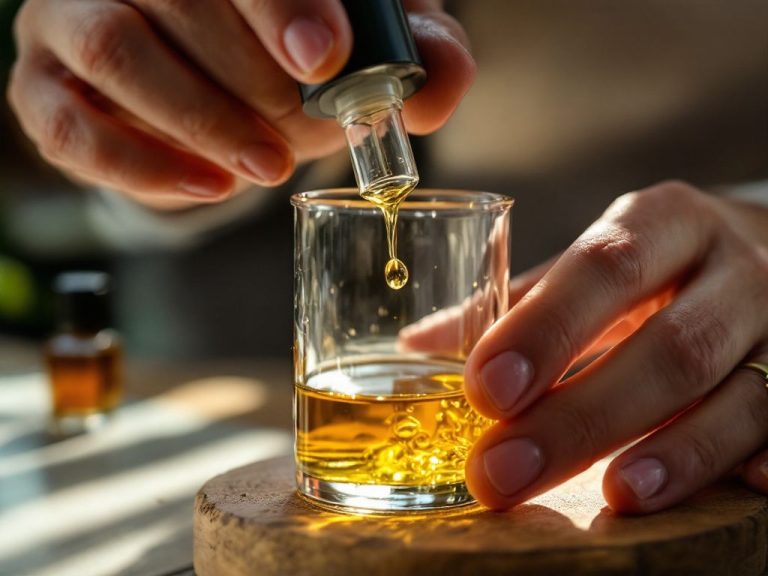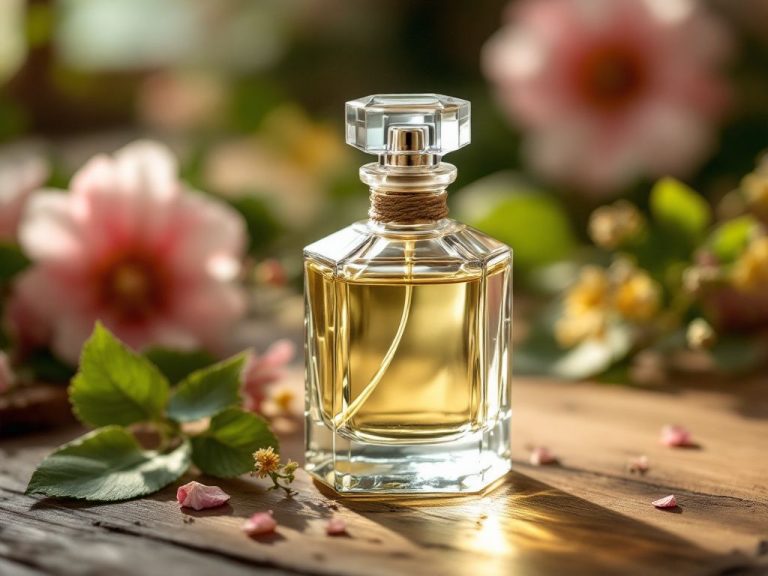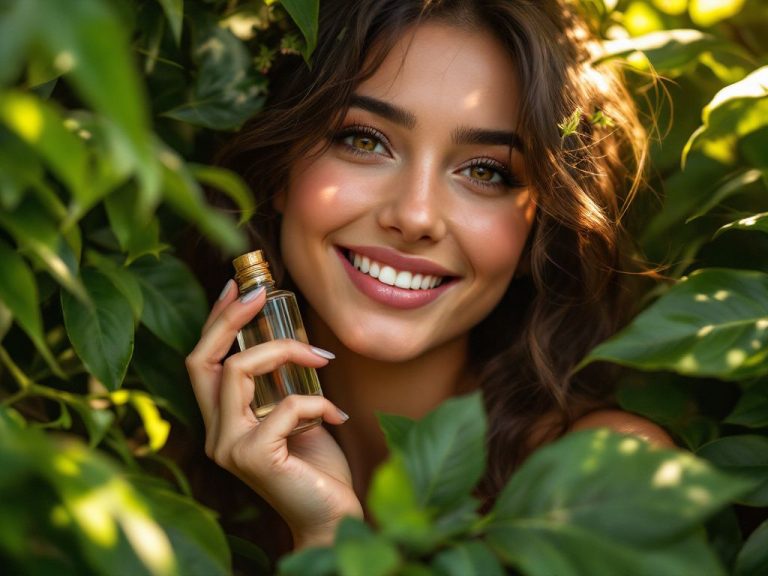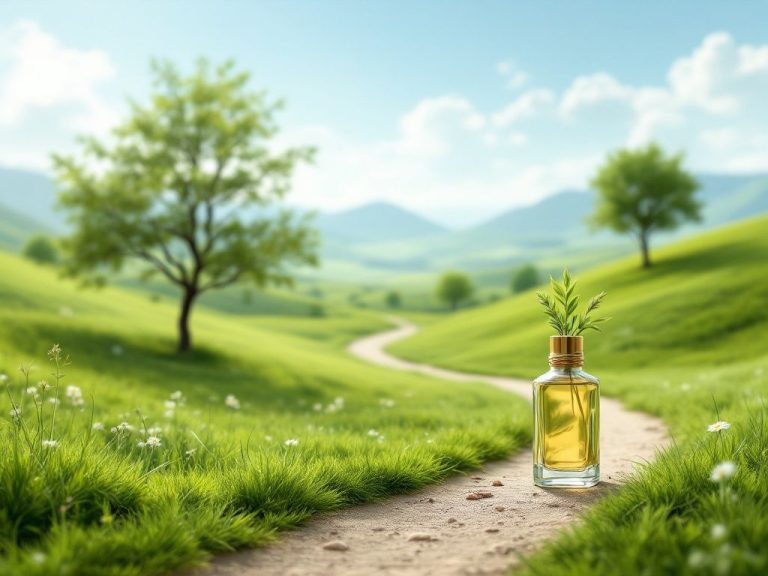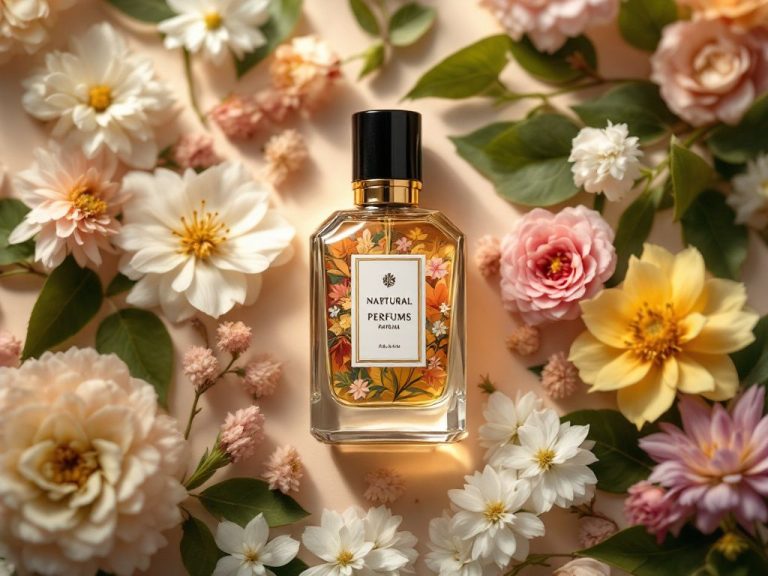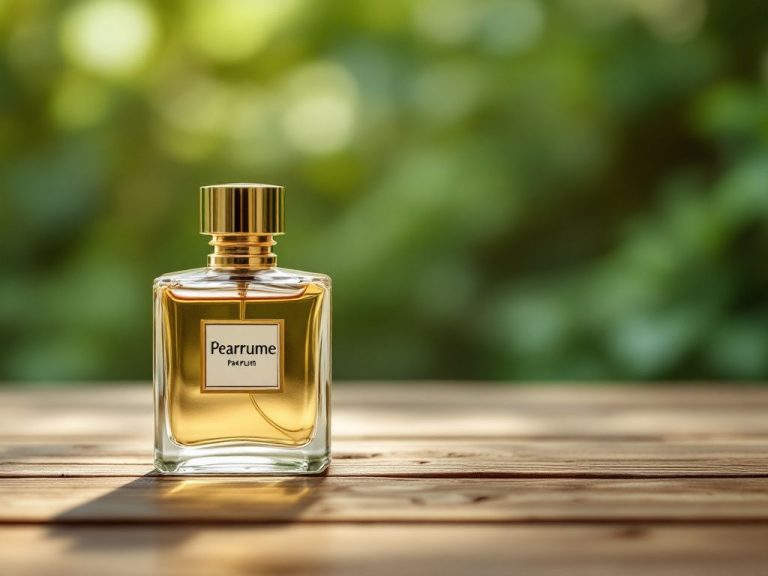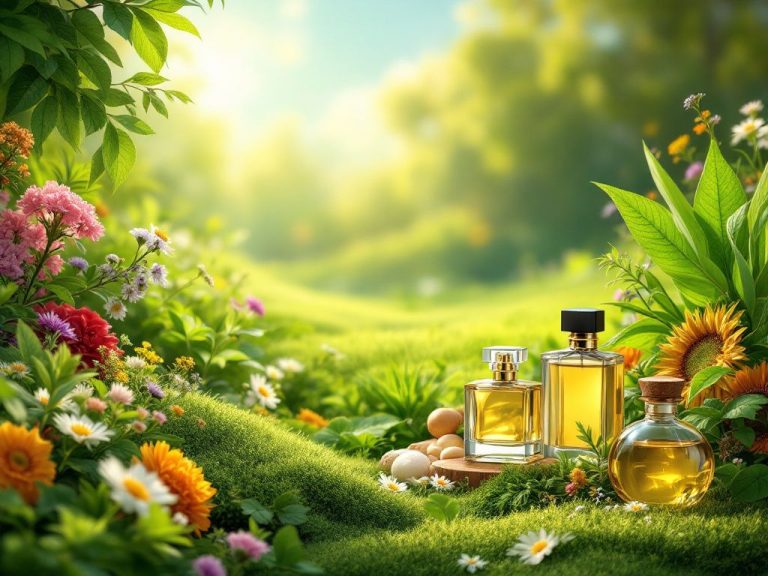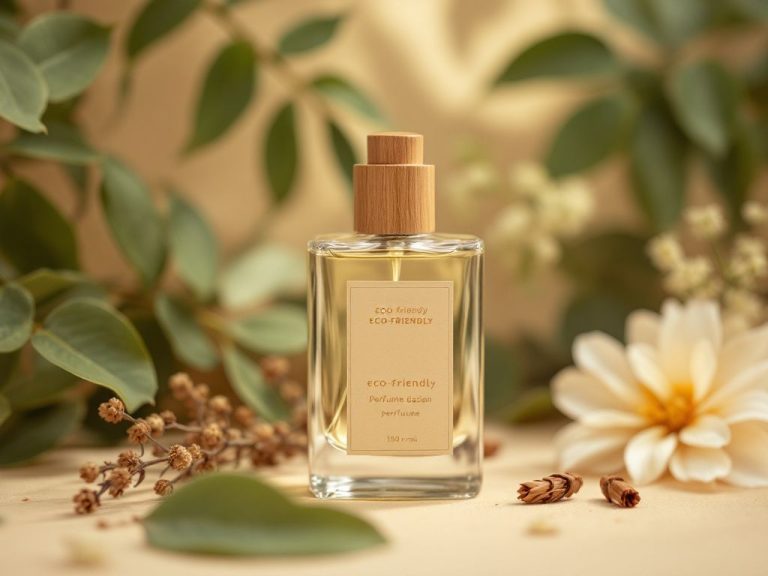
Eco-Friendly Perfume Development: Crafting Scents with Sustainability in Mind
Eco-friendly perfumes are made from plant-based sources, featuring natural fragrance ingredients and renewable resources, and are mindful about reducing waste. They are the up-and-coming champions of the fragrance world, designed to leave a minimal carbon footprint. By switching your fragrance palette with eco-friendly perfumes, you are making a conscious choice that is a win-win for you and the planet.

